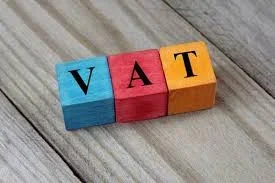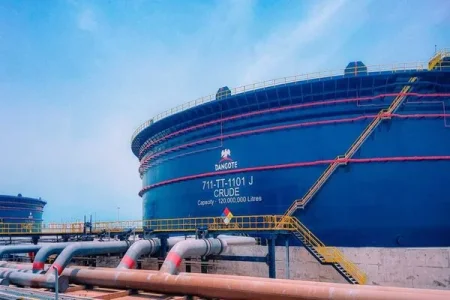
The Digest:
Nigeria’s new tax reform, signed into law by President Bola Tinubu, introduces several key changes, including a broad list of VAT-exempted items. The new legislation, effective as of January 2026, targets a range of essential goods and services, providing tax relief across various sectors.
Key Points:
- VAT Exemption Items:
- Oil and gas exports, crude petroleum, and gas feed for processed gas.
- Locally manufactured sanitary pads, baby products, and assistive devices for disabilities.
- Military hardware and uniforms for armed forces and security agencies.
- Shared passenger road transport services and equipment for agriculture (tractors, ploughs).
- Diplomatic goods, humanitarian project supplies, and land/building transactions.
- Zero-Rate VAT Items:
- Basic food items, medical and pharmaceutical products, and educational books/materials.
- Fertilizers, animal feeds, live cattle, and poultry.
- Electricity produced by GENCOs and transmitted by TCN.
- Medical services, tuition fees, and export goods/services.
- Oil and Gas Sector Modifications:
- VAT is exempt on essential energy products, including diesel, LPG, CNG, and clean cooking equipment.
- The minister may adjust VAT collection under public interest and market conditions.
- Implementation Timeline:
- The new laws, including the VAT exemption, will take effect from January 1, 2026, under the restructured Nigeria Revenue Service (NRS).
The new Nigerian Tax Act aims to reduce VAT burdens on critical sectors, including healthcare, agriculture, and energy. This overhaul is designed to stimulate local industries and provide relief to citizens, with a special focus on energy and social welfare.
Sources: The Cable, Punch, Nigeria Revenue Service




